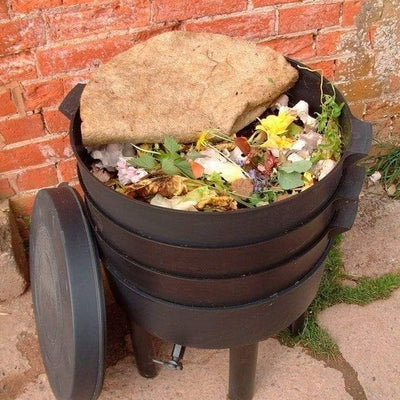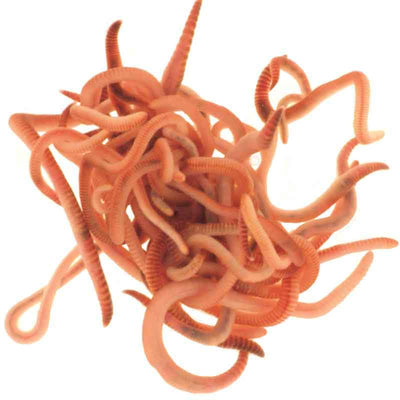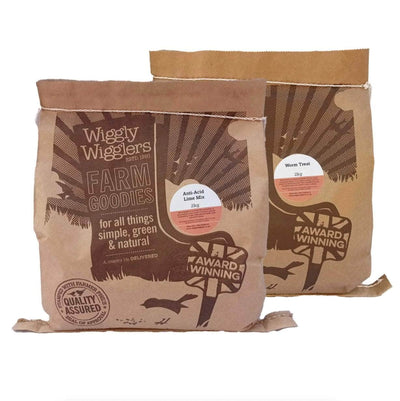Even if you are fully prepared for a cold winter, the Freezing cold temperatures around at the moment can come as a shock. However what we see as an inconvenience to travel and we have to wrap up warmer - It can bee a matter of life or death for our Garden Birds.
We thought we'd share this fantastic article about Looking after your Birds in Winter by David Pitman;
Feeding year-round is best
Although winter feeding benefits birds most, food shortages can occur at any time of the year. By feeding the birds year round, you'll give them a better chance to survive the periods of food shortage whenever they may occur.
Feeding your garden birds not only benefits them, but can give you and your family hours of pleasure from watching them.
A bird-feeding station can’t provide all the natural proteins and vitamins that adult and young birds need, so it's important to create and manage your garden to provide a source of natural foods as well, through careful selection of plants and management of borders, hedges and areas left deliberately wild.
It is not just a case of piling a load of food out for the birds. Different species require different foods, and will feed in very different ways. Uneaten scraps on the lawn may attract unwanted rodents, and if the food is allowed to spoil then it could become harmful to the very birds you are trying to help. Keeping your feeders clean is extremely important. Also, a constant supply of clean water for bathing and drinking is essential
Top-up twice a day in bad weather
When the days are short, put out food and water on a regular basis. In severe weather, feed twice daily if you can as the birds only have 7-8 hours of daylight to gather all the food they need to create enough energy to survive the night. A regular feeding regime will encourage the birds to time their visit to your garden. In the winter it has been estimated by the BTO that a Blue Tit has to consume the equivalent of 10g of food a day to replace the energy used to survive, and when you consider an average Blue Tit only weighs 11g you can see what a struggle this is.
Order Our Farm-Grown Seeds and Feeds from






